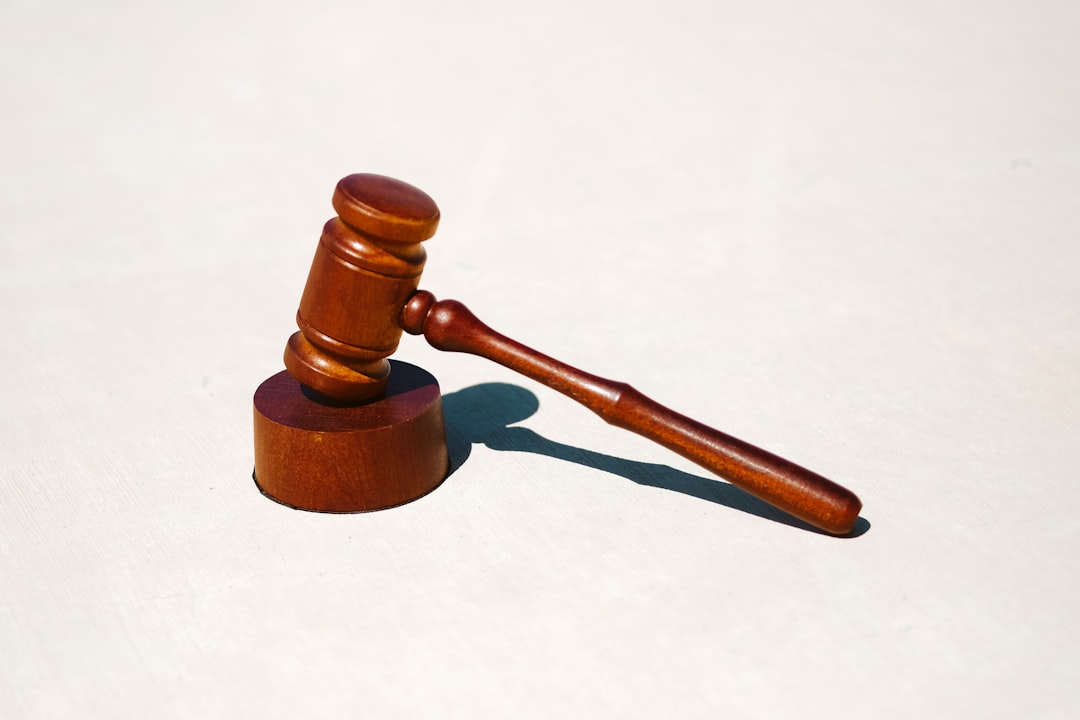In Connecticut, recognizing and supporting male sexual assault victims is a critical issue. Understanding the unique challenges they face legally and emotionally is paramount. This article delves into the vital role of a CT lawyer specializing in male sexual assault cases, exploring their expertise in navigating complex legal processes. We examine strategies to address barriers in the courtroom and highlight resources available for survivors beyond legal representation. By shedding light on these aspects, we aim to empower victims and promote justice for all.
Understanding Male Sexual Assault: A Legal Perspective

Male sexual assault, often an under-reported crime, presents unique challenges for victims seeking justice. In Connecticut, a male sexual assault lawyer plays a pivotal role in navigating complex legal landscapes and ensuring the rights of survivors are protected. These attorneys specialize in understanding the nuances of male victimization, which may differ from traditional perceptions of sexual violence. They advocate for their clients by challenging stereotypes and fighting for equal treatment under the law.
The legal perspective on male sexual assault involves addressing societal stigma, cultural norms, and power dynamics that can impact investigations and trials. A Connecticut male sexual assault lawyer is equipped to handle these cases with sensitivity, providing a safe space for victims to share their experiences. They work tirelessly to secure justice, offering strategic guidance and robust representation throughout the legal process, ensuring survivors’ voices are heard.
The Role of a CT Lawyer in Supporting Victims' Rights

In the sensitive and crucial matter of male sexual assault, a CT lawyer plays an indispensable role in advocating for victims’ rights. These legal professionals are equipped to provide specialized support tailored to the unique challenges faced by male survivors. They ensure that victims have access to justice, guiding them through complex legal processes with empathy and understanding.
A male sexual assault lawyer in Connecticut is well-versed in state laws and regulations pertaining to such cases, enabling them to offer strategic advice and representation. Their expertise includes navigating criminal proceedings, civil lawsuits, and advocacy for related rights like counseling and support services. By their presence, they empower victims, helping them to reclaim agency and seek the justice they deserve while ensuring their privacy and safety throughout the legal process.
Navigating Legal Process for Male Survivors

Navigating the legal process after experiencing sexual assault can be incredibly challenging, especially for men who often face unique barriers and societal perceptions. A male sexual assault lawyer in Connecticut plays a vital role in empowering survivors to take control of their healing journey. These attorneys are well-versed in the complexities of such cases and provide essential guidance tailored to male victims’ experiences.
With specialized knowledge, they help survivors understand their legal rights, ensuring they receive fair treatment and justice. A Connecticut lawyer for male sexual assault victims can assist with various aspects, from gathering evidence to representing the survivor in court. They advocate for their clients, challenging societal norms that might discourage men from pursuing legal action and offering support throughout the entire process.
Challenges and Strategies in Connecticut Courtroom

Navigating the Connecticut courtroom as a male sexual assault victim can be an intimidating process, filled with unique challenges. Often, males who have experienced sexual assault may feel a weighty stigma and societal expectations that discourage them from speaking out. This can lead to underreporting and, subsequently, fewer cases brought to trial. When a victim does decide to pursue legal action, they face the complex task of presenting their case in a way that respects their privacy while also providing compelling evidence. A seasoned male sexual assault lawyer in Connecticut understands these intricacies and employs specific strategies to ensure victims’ rights are protected throughout the legal process.
One key approach is emphasizing the credibility of the victim’s testimony, especially when dealing with sensitive topics. Lawyers might use techniques like presenting supporting medical records or expert witness testimonies to corroborate the victim’s story. Additionally, they must navigate potential biases and preconceptions within the judicial system by carefully selecting evidence and arguments to counter any stereotypes or misperceptions related to male sexual assault victims. By employing these strategies, a Connecticut lawyer dedicated to this field can help ensure that victims receive justice while also fostering a more understanding and supportive legal environment.
Resources and Support for Survivors: Beyond Legal Representation

Surviving sexual assault is a profound and often complex journey, and beyond legal representation, there are vital resources and support systems designed to aid individuals in their healing process. In Connecticut, male sexual assault survivors can access a range of services tailored to address their unique needs. This includes counseling services that offer safe spaces for victims to share their experiences, process emotions, and develop coping mechanisms. Many non-profit organizations dedicated to supporting survivors also provide legal advocacy, emotional support groups, and educational resources, ensuring individuals feel empowered and understood.
Male sexual assault lawyers in Connecticut play a crucial role in navigating the legal system, but they often collaborate with these support networks to offer a comprehensive approach to justice and healing. These partnerships ensure that survivors receive not just legal representation but also access to mental health professionals, peer support groups, and other community resources designed to help them rebuild their lives. This holistic support structure is essential for survivors’ long-term well-being and recovery.






